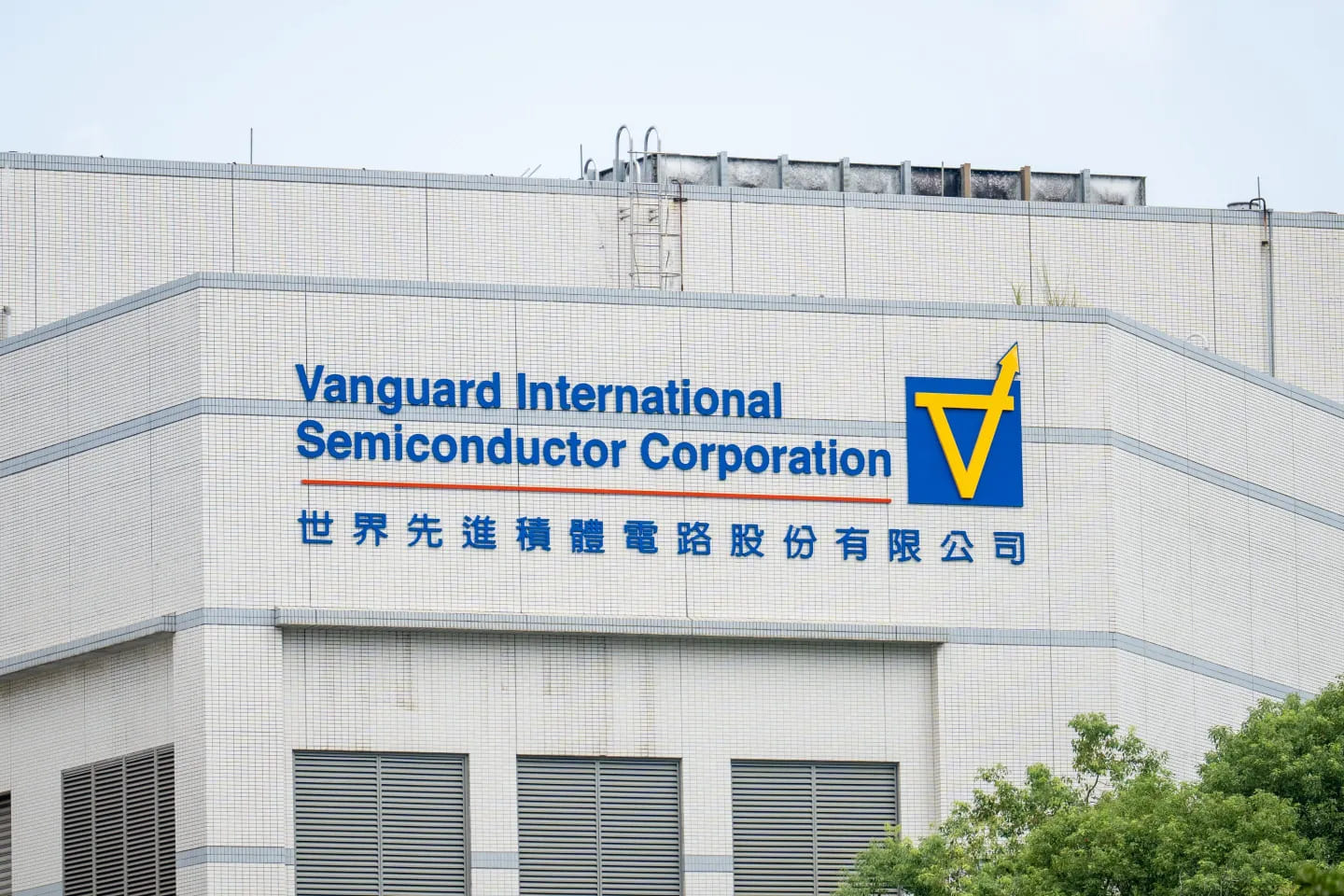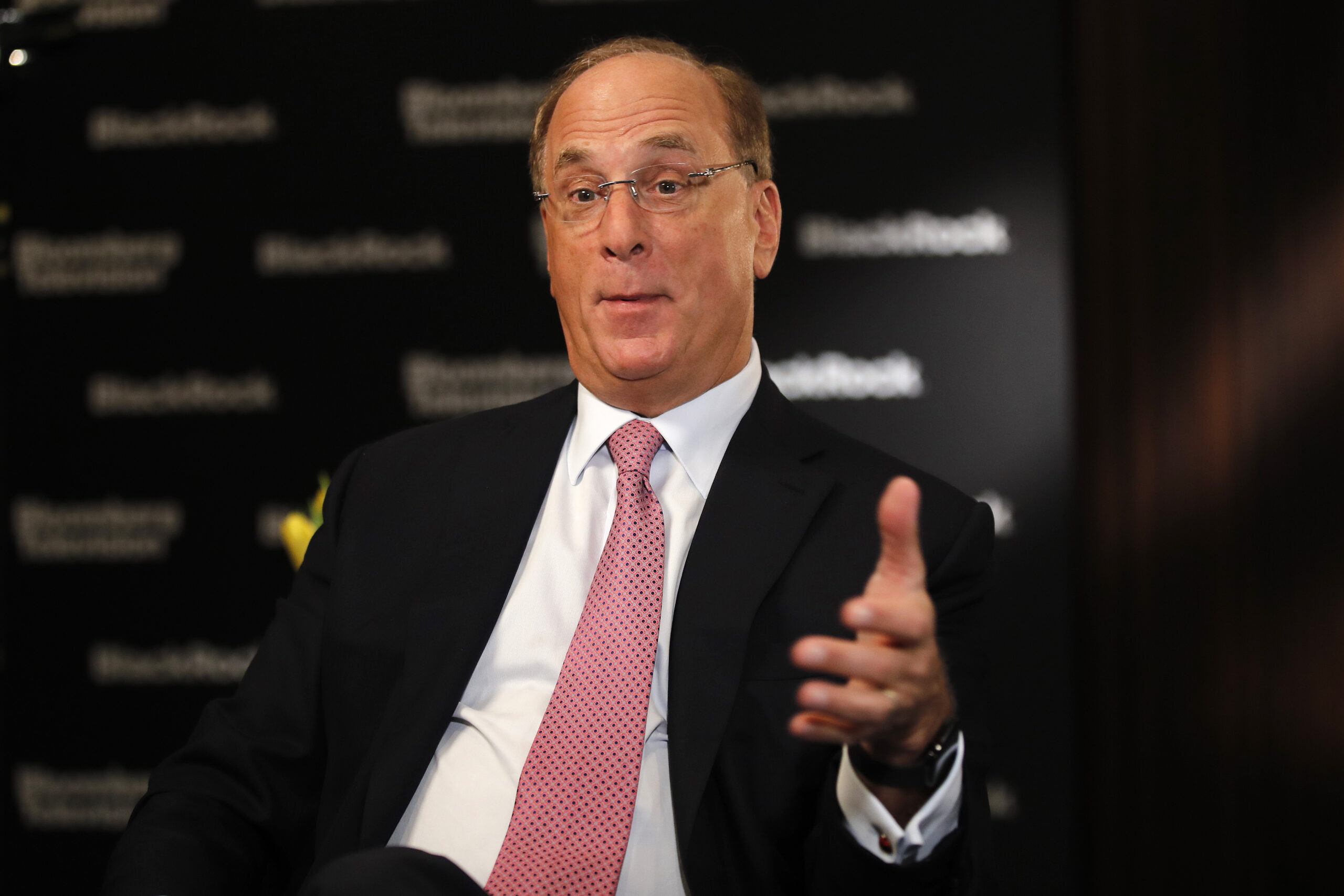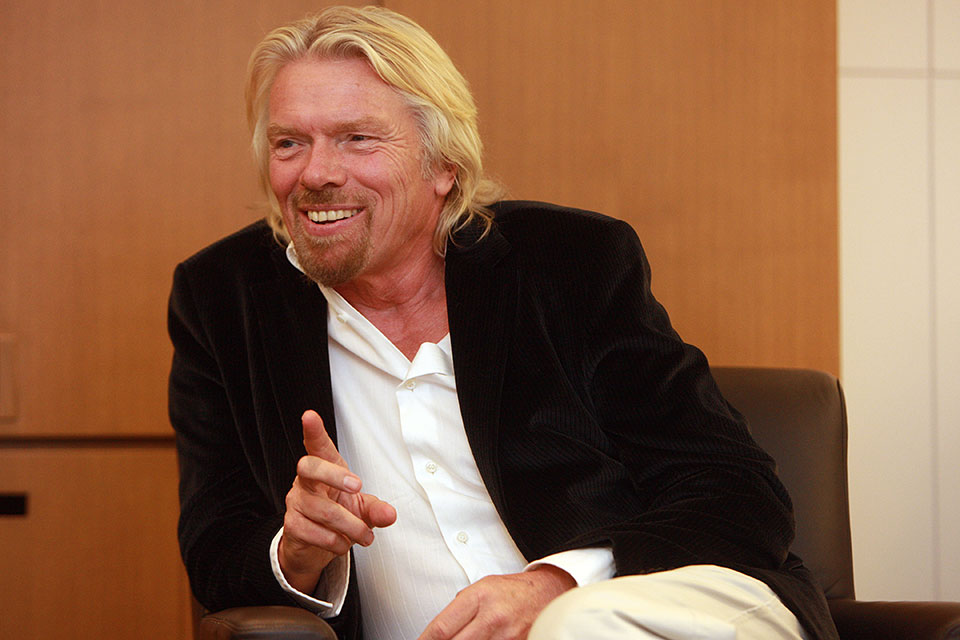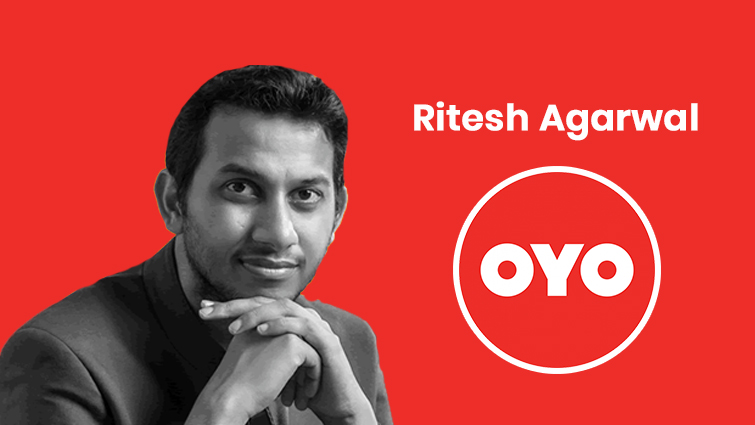Vanguard and TSMC Plans $7.8 Billion to Build Joint Chip Plant
Vanguard International Semiconductor, partially owned by Taiwan Semiconductor Manufacturing Co. (TSMC), and Dutch firm NXP Semiconductors announced plans to establish a $7.8 billion joint venture to build a semiconductor plant in Singapore. The venture aims to diversify their manufacturing capabilities amidst rising geopolitical tensions and to cater to the automotive, industrial, consumer, and mobile markets.

Image Source: fortune.com
The new facility marks a significant step for Vanguard, traditionally known for its 8-inch wafer fabs, as it will leverage TSMC’s advanced technologies to construct its first 12-inch fab. This development underscores the strategic shift of Taiwanese chipmakers to expand their geographic footprint. Construction of the plant is expected to commence in the second half of 2024, with production slated to begin in 2027.
Strategic Diversification Amidst Global Rivalries
The move by Vanguard and NXP highlights a broader trend among semiconductor companies to mitigate risks associated with the ongoing U.S.-China technological rivalry. With the potential for supply chain disruptions, Taiwanese firms, in particular, are accelerating their efforts to establish manufacturing bases beyond their home turf. Vanguard’s decision follows similar investments by other Taiwanese chipmakers, such as United Microelectronics Corp. (UMC), which recently announced a $5 billion microchip factory in Singapore.
NXP, a key supplier to the automotive industry, which constitutes more than half of its revenue, will benefit from the enhanced production capacity to meet the growing demand for automotive semiconductors. Vanguard will hold a 60% equity interest in the joint venture with a $2.4 billion investment, while NXP will contribute $1.6 billion for a 40% stake. Both companies have also pledged an additional $1.9 billion to support the facility’s long-term capacity infrastructure, with the remaining funds expected to come from third-party loans.
Global Race for Semiconductor Supremacy
The semiconductor sector, poised to surpass $1 trillion by the end of the decade according to International Business Strategies, is witnessing unprecedented investment levels as countries and companies strive for dominance. Taiwan’s TSMC, the world’s largest contract chip maker, has been at the forefront of this race, with significant investments in new plants in Japan and the U.S. Earlier this year, TSMC secured up to $6.6 billion from the U.S. government to aid its $65 billion investment in factories in Arizona.
This joint venture by Vanguard and NXP underscores the strategic imperatives driving the semiconductor industry, as firms seek to bolster their production capabilities and safeguard against geopolitical uncertainties. As construction begins in late 2024, the new Singapore plant will play a crucial role in shaping the future landscape of global semiconductor manufacturing.

I am a law graduate from NLU Lucknow. I have a flair for creative writing and hence in my free time work as a freelance content writer.






